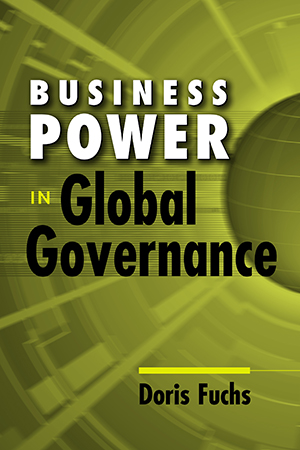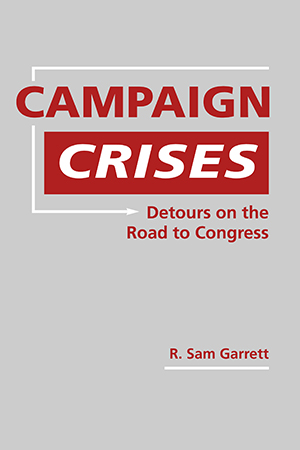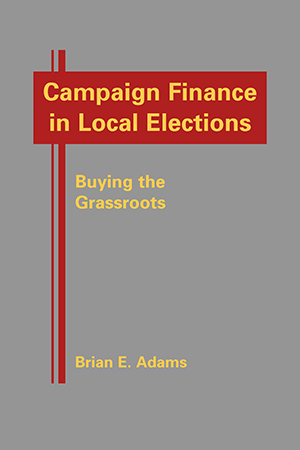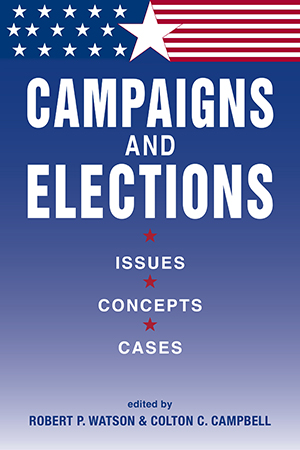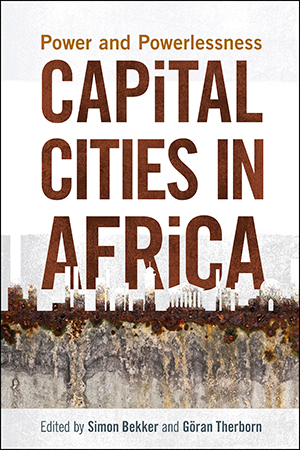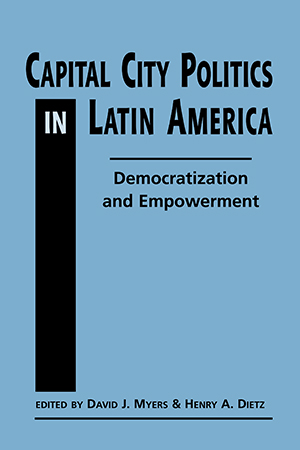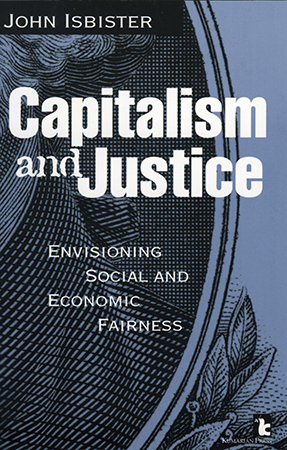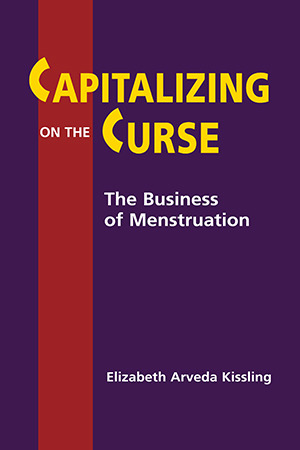BOOKS
Has the political power of big business, particularly transnational corporations (TNCs), increased in our globalizing world? What, if anything, constrains TNCs? Analyzing the role of More >
Choice Outstanding Academic Book! How do sleepy congressional campaigns become heated battles? What happens behind the scenes during pivotal moments? Sam Garrett explores the dynamic More >
Even in local elections, money matters—but just how much? Drawing on multifaceted data from more than 700 races featuring 2,800 candidates, Brian Adams comprehensively investigates the More >
Blending insightful scholarship with a "nuts and bolts" approach, Campaigns and Elections examines the electoral process at the local, state, and national levels. The More >
Prevention of crime on college campuses—and at similar facilities such as hospitals and museums— can be greatly improved by the use of new high-definition crime mapping More >
Capital cities today remain central to both nations and states. They host centers of political power, not only national, but in some cases regional and global as well, thus offering major More >
As Latin America's new democratic regimes have decentralized, the region's capital cities—and their elected mayors—have gained increasing importance. Capital City More >
In Capitalism and Justice, John Isbister takes a practical approach to some of the most important questions of economic and social justice in the context of the global economy: How big a More >
Although a regular occurrence for millions of women, menstruation is typically represented in US culture as an illness or a shameful episode—to the benefit of an entire industry. More >
Andres Serbin explores the complex of factors—external and domestic—that have shaped the geopolitical dynamics of the Caribbean region since the emergence, beginning in 1962, of More >



